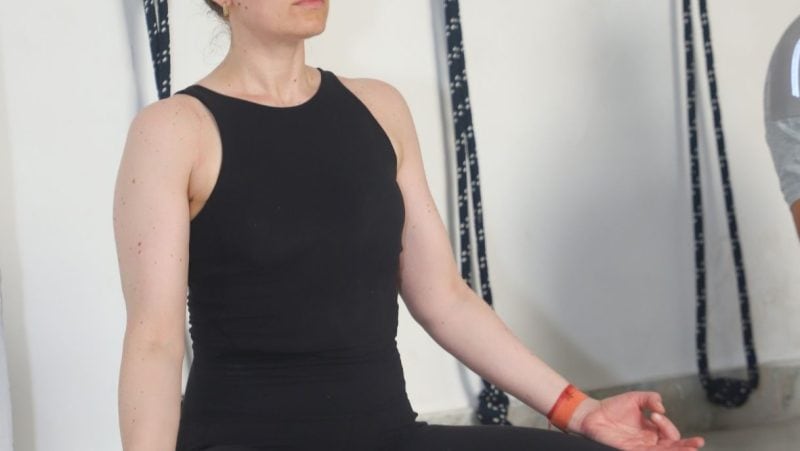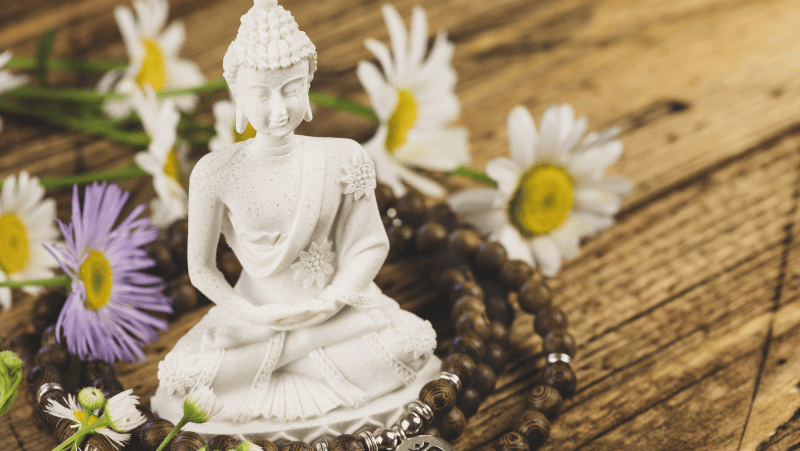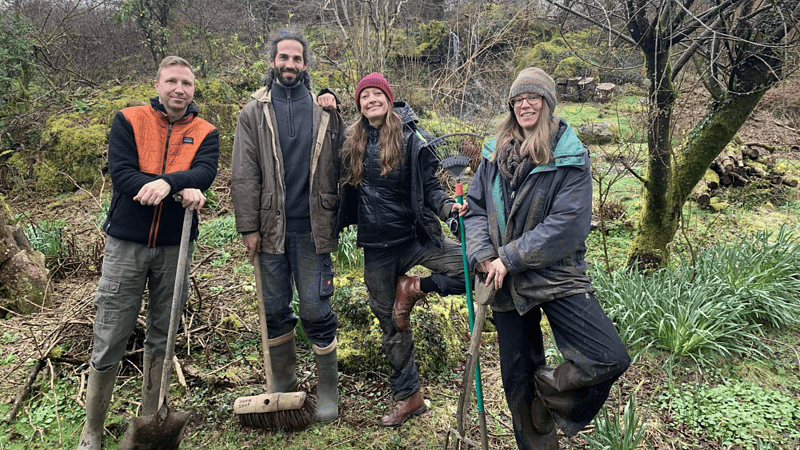
Try a little tenderness
Building good habits and letting go of negative self-talk. By Sian Siekierski
It’s in the first few months of the year – when the enthusiasm of the New Year has worn off, the days are short and the weather unforgiving – that resolutions and good intentions start to wane.
Whilst it's empowering when you keep promises to yourself and stick to good habits, if you stumble – which is inevitable at some point! – you can end up berating and criticising yourself, seeing yourself as faulty, or even think: what’s the point? The good work is undone and can’t be redone.
But our thoughts and old habits need not define us. If we stop viewing them as part of ourselves that make up our identity, and instead recognise them as symptoms of very human and natural suffering (the Sanskrit term ‘dukha’) we can treat ourselves more kindly.
By practising self-compassion, we are more likely to be able to break out of negative patterns.
So, what is self-compassion? It doesn’t mean self-pity or self-indulgence. One of the leading experts on the subject, Kristen Neff, writes:
“Self-compassion… has an active element of caring, of wanting the best for yourself. It means saying to yourself, ‘I want to heal, to be happy, to be healthy,’ and knowing that sometimes requires you to make a change.”
Kristen says that if you view the change you’re trying to make as an act of self-care, instead of trying to motivate yourself through anger or rejection, you’ll be more likely to succeed.
Through our yoga practice, we can notice when negative thoughts appear, and recognise them but choose not to identify with them. By commitment to self-study (svadhyaha – one of the five Niyamas or inner observances in Patanjali’s Yoga Sutras) we can learn from others, and from our own experiences, which habits and behaviours will help us, and which will hurt.
You may crave that wine after work because you’re stressed, but recognise that if you drink it, you will feel foggy and unproductive the next day. What could you do instead? You may not feel like putting on your running shoes, but know that you will feel refreshed after a run, so choose to take the positive action.
In other words, you start making clear, conscious, beneficial choices instead of being blindly led by the desires of the ego which wants what it wants – and to hell with the consequences! And by building good habits, your self-confidence and commitment to self-care will increase.
Transformation doesn’t happen overnight, it is a slow burn and the culmination of many tiny actions, but by becoming more self-aware, and being kinder to yourself when you fail, you can continue learning and journeying to a more contented state – releasing patterns that don’t serve you and returning to your brilliant, authentic self.
So, in actualising any resolution or intention as we move through the year, let go of the negative self-talk when you slip up – the frustration, guilt and doubt – and instead, try a little tenderness.





